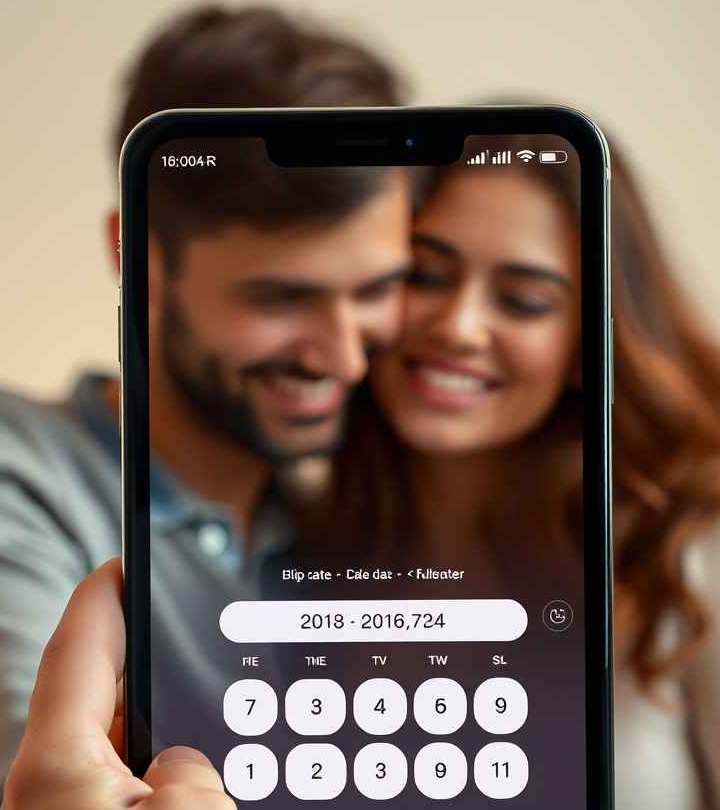Contact lenses are thin glass or plastic lenses fitted over your eyes’ cornea to correct vision issues such as hyperopia, astigmatism, or myopia. They can be prescribed for those who don’t produce sufficient tears, have a viral infection history of the cornea, are constantly exposed to fumes, or are under age nine. Before purchasing contact lenses, you must go for an eye assessment and contact fitting, which an ophthalmologist or optometrist can conduct.
During the eye examination, the doctor will check your eye’s overall health, including testing how your eyes function together, your eye’s fluid pressure, and whether you have any infections. They’ll measure your iris or pupil size, corneal curvature, and tear film quality to determine whether you should wear lenses. If yes, your eye’s shape and size will be measured to ensure your contact lenses fit perfectly. This article outlines six things you need to know before buying contact lenses.
-
Table of Contents
Where to get contact lenses
Once you have your prescription, you can buy your contacts from various places, including a store specializing in optical wear, your eye doctor, or via mail order. Additionally, if you need contact lenses Australia or elsewhere, you can order online as it’s convenient and simple. Where you get your lenses is usually a matter of need or preference. When shopping for contact lenses, note that cheap isn’t always the best option. The lenses you buy should be quality and adequately serve your needs.
-
Types of contact lenses
While there are two general contact lens categories, there are multiple types of contacts, each with pros and cons. They include:
-
Soft contact lenses
Soft contact lenses are made of soft and flexible plastics that let oxygen pass through to your cornea. They’re more comfortable and easier to get used to than rigid gas permeable lenses. Silicone hydrogels are some of the most recent soft lens materials that give your eyes more oxygen while wearing them.
-
Rigid gas permeable (RGP) or hard contact lenses
The RGP contact lenses last longer and are highly resistant to deposit buildup, and the vision they give is crisper and clearer than the soft contact lenses. They’re less likely to tear and easy to handle. Nonetheless, hard contact lenses aren’t as comfortable in the beginning as soft contact lenses and may take a few weeks before getting used to them. Their disinfection and cleaning process may be more complex than soft contact lenses.
-
Special contact lenses
These contact lens types may correct special vision issues, cure eye diseases, or enhance eye color. They are:
- Hybrid contact lenses: They have an RGP center attached to an outer soft lens material that boosts comfort while helping the lenses remain centered on your eye, as the RPG center ensures clear vision. The hybrid contact lenses design is meant for people with irregular corneas
- Scleral: These are the larger type of RGP lenses that rest on the eye’s white part, the sclera. Fluid gathers in the small spaces between the cornea and lens, helping cure damaged corneas and protecting them. Scleral contacts are usually prescribed to people with extremely dry eye conditions or damaged corneas
- Orthokeratology (Ortho-K): These lenses use specially designed RGP lenses to change the cornea’s shape. Ortho-K corrects vision temporarily and is primarily for nearsighted patients. They’re prescribed to be worn when sleeping and then removed in the morning. You may also follow another prescribed routine to maintain the treatment’s effect
- Decorative: They’re available with or without vision correction
-
Contact lens wear schedule
-
Extended wear
Extended wear lenses are usually available for overnight use for up to 30 days or from one to six nights. These lenses are usually soft contact lenses. You may also find a few RGP contact lens brands designed and certified for overnight wear. Continuous wear length differs based on your doctor’s assessment of your overnight wear tolerance and contact type. Before picking this option, consult your eye care provider for advice.
-
Daily wear
Daily wear contacts are designed for use during the day. They aren’t intended for overnight wear. Daily wear contact lenses should be removed every night, rubbed, and rinsed with contact lens solution, then kept in a clean lens storage case full of fresh contacts solution for disinfecting them. Don’t sleep in daily wear lenses because doing so could increase the possibility of contracting a severe eye infection.
-
Contact lens replacement schedule
Most contact lens users should replace their lenses as per the schedule prescribed by their eye care providers.
-
Planned replacement
While some soft contacts may be labeled as disposable, they might be re-worn for several days or removed nightly. Their replacement schedules may vary from a week to 30 days. Consult an eye specialist about the best replacement schedule for your specific contact lens type. The contact lenses should be cleaned, disinfected, and kept every time they’re removed. You should also replace the contacts as regularly as your optometrist prescribes. Wearing them longer than recommended may result in eye discomfort or complications.
-
Daily disposable
Disposable contact lenses should be worn once and then discarded. A daily disposable routine means a new pair of lenses should be used daily. Wearing daily disposable contacts more than once could lead to discomfort or complications. Get rid of your contacts at each day’s end and wear a new pair the following day.
-
How to avoid contact lens complications
Wearing contacts may lead to severe eye infections, discomfort, and other issues. To avoid these problems, consider:
- Practicing good hygiene: Clean your hands with water and soap and then rinse and dry them using a lint-free towel before handling your contact lenses
- Use contact lens solutions: Consider using sterile products meant for the contact lens type you wear. You should also discard the solution in your lens case every time you disinfect and keep your lenses. Ensure the contact lens solution isn’t expired
- Avoid contact with saliva and water: Remove your lenses before swimming or using a bathtub. Avoid putting them in your mouth
- Don’t use over-the-counter lenses: Whether you need your lenses for medical issues or decorative purposes, they should be prescribed to avoid eye infections and injuries
- Replace your lenses as recommended: Using your contacts past the recommended period can be dangerous. Be sure to replace them as per the provider’s instructions
Endnote
Contact lenses are ideal for correcting vision and eye problems. Familiarize yourself with the things you need to know before buying contact lenses.










